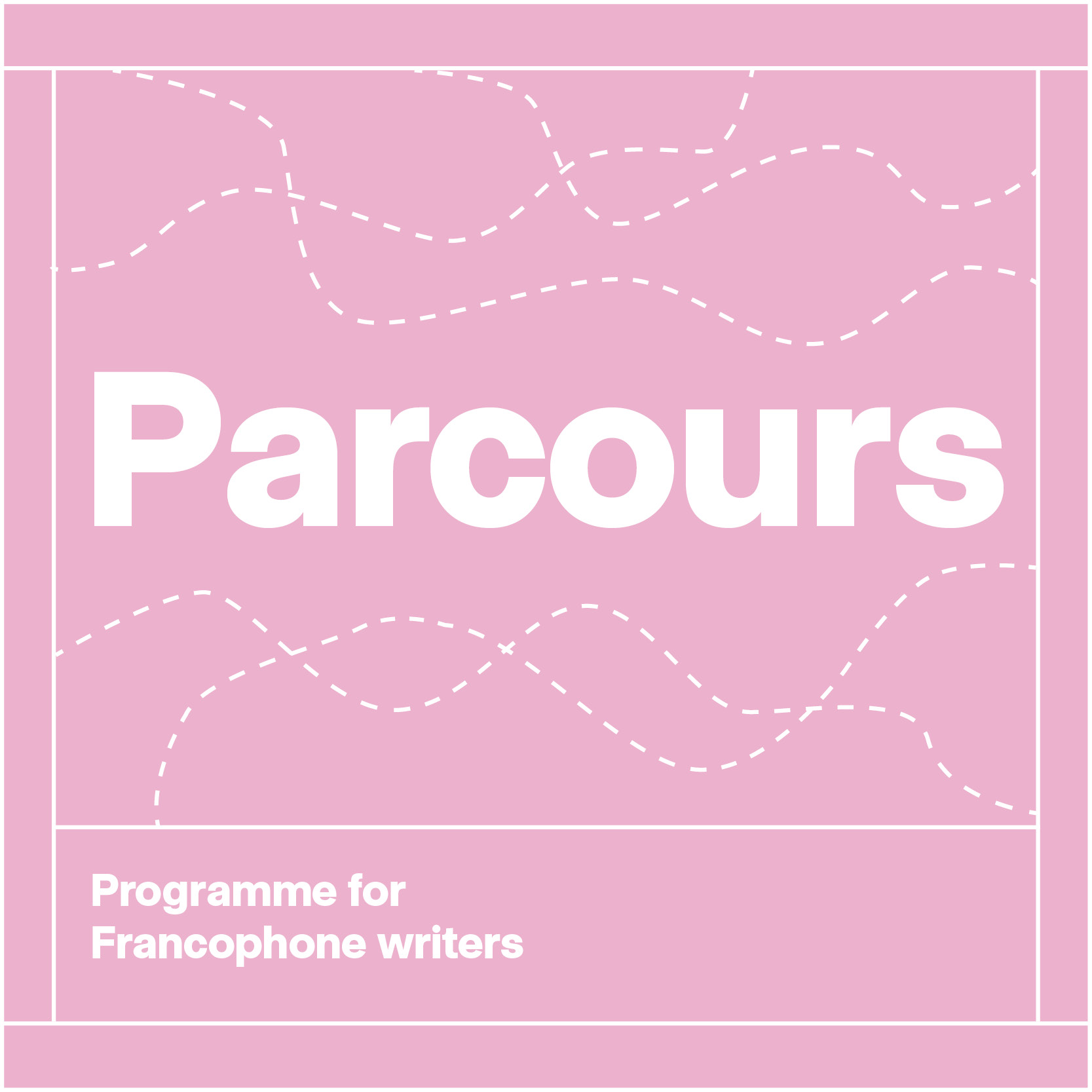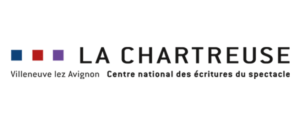Parcours
Programme for Francophone writers
Programme
CIRCA and the Cité internationale des arts, in partnership with the French Ministry of Culture’s Delegation générale à la langue française et aux langues de France (DGLFLF), have joined forces to offer a three-month residency program at the Cité internationale des arts in Paris and the Chartreuse de Villeneuve-lez-Avignon.
This residency program is aimed at authors with established artistic careers, with the aim of helping them develop their artistic identity and promote their work in France, by enabling them to benefit from the networks of each partner within the framework of a tailor-made residency program.
About
1 residency per year
4 months’ residency
Programme created in 2020
Eligibility criteria
- Be an author with an established writing trajectory

The partners of this programme :

The Chartreuse du Val de Bénédiction owes its origins to the will of Pope Innocent VI. In 1973, with the support of the Caisse Nationale des Monuments Historiques et des Sites, the French Ministry of Culture and local authorities, a cultural center dedicated to artists in residence was set up within its walls: an original experiment in which restoration is carried out to host a national cultural program.
Today, the Centre national des écritures du spectacle is one of France’s and Europe’s leading residencies for playwrights. It hosts nearly sixty residencies a year, for playwrights and companies, research and experimentation laboratories, training cycles and masterclasses, and regularly opens its doors to the public for open rehearsals or events involving residents and other guest artists, notably in July, in partnership with the Avignon Festival.

An interministerial department attached to the Ministry of Culture, the DGLFLF mobilizes a range of public and private partners involved in promoting French and linguistic diversity. In addition, it maintains a constant dialogue with elected representatives to implement a language policy as close as possible to the local level. Internationally, the DGLFLF is involved in Francophone and European cooperation networks, as well as bilateral arrangements, with a view to exchanging best practices and expertise on language policies.
The General Delegation supports the implementation of projects that contribute to reinforcing the impact of its policy on society. The role of this support is essentially one of incentive.



